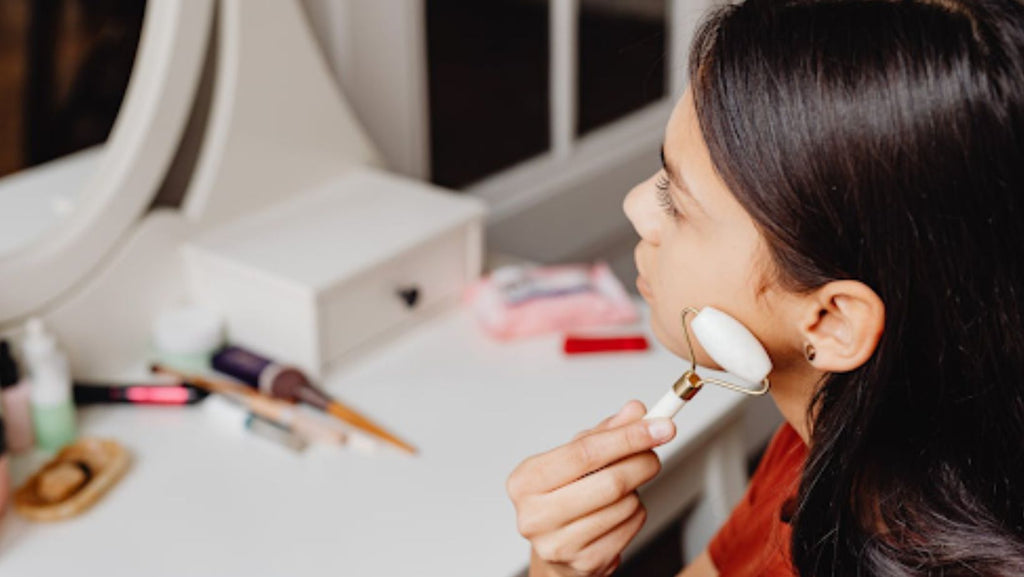How Skincare Trends Affect Teen Mental Health

Teen skincare has changed considerably since the 1990s, when in addition to the traditional three-step “cleanse, tone, moisturise” routine, gritty, abrasive exfoliants, acne treatments were limited to harsh toners, ineffective peel-off masks and in some cases home remedies like toothpaste or even lemon juice that did little more than irritate the skin.
As with many things, the turning point for the skincare craze we know today came with social media. While in some cases this helped to spread education on skincare, it also created a host of other problems for an age bracket already dealing with the difficulties of life as an adolescent in the 2020s, including the mental health struggles many teens already experience.
More Than Skin Deep
In 2024,writer, beauty researcher and critic Jessica DeFino coined the term “dermorexia”, here the sufferer fixates on achieving “perfect” skin. While not strictly a diagnostic condition, it’s been closely linked to body dysmorphia, an intense focus on personal appearance often resulting in shame and anxiety over so-called “flaws”.

Signs of this can include:
-
Spending excessive time editing or using beauty filters
-
Showing distress over minor blemishes
-
Spending excessive money on skincare or frequently changing their regimen
-
Avoiding social situations due to negative feelings about their appearance.
-
Frequently checking their skin in mirrors
Finding a board certified child psychologist in Sydney may help your teen to regain their confidence and to work through anything that may be causing them to obsess over their appearance, but it’s also important for them to feel they can have an honest discussion about their feelings at home. A few examples of useful topics for this could include:
Media Literacy
As digital technology improves, it can be harder for teens to discern between what is real and what isn’t online. Try to discuss ways they can refresh their social media feeds by including creators who talk about skincare in a more positive light and who help to normalize the idea that in reality, nobody is perfect, and that’s okay.
Taking a Break
Attempting to control access to social media is not only ineffective - it can put a strain on your relationship. Instead, try to set boundaries around use (for example no phones at the dinner table), and try to encourage them to spend more time with friends or doing activities in-person.
Social media is often blamed for limiting our attention spans, but encouraging activities and hobbies away from screens offers a more positive form of distraction that can help to reduce the negative feelings associated with being constantly online.
Shifting Focus
Despite movements like 2018’s #freethepimple having a brief positive effect, many people - and teens in particular - experience an overwhelming pressure to be perfect. While many are aware that “social media isn’t real” - it’s also undeniably persuasive, which is why it’s important for everyone (teens included) to shift focus away from looks towards what really matters.
As the popular phrase on social media goes, we were never supposed to see our faces this much. With children as young as seven experiencing anxiety about their skin, it’s a clear sign that something needs to change. While skincare for teens can be an important aspect of self care, allowing it to control their life takes away precious time and money that could be better spent on having fun.
